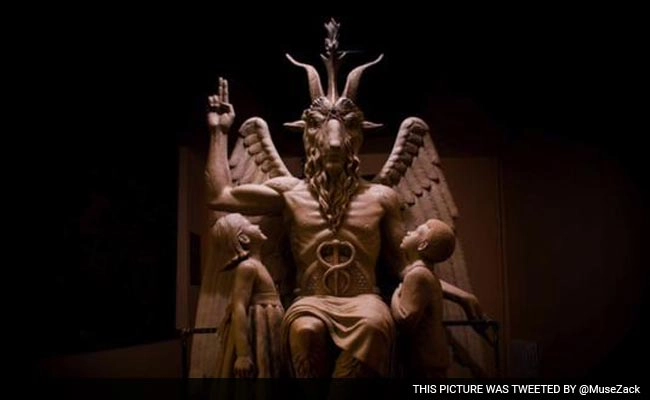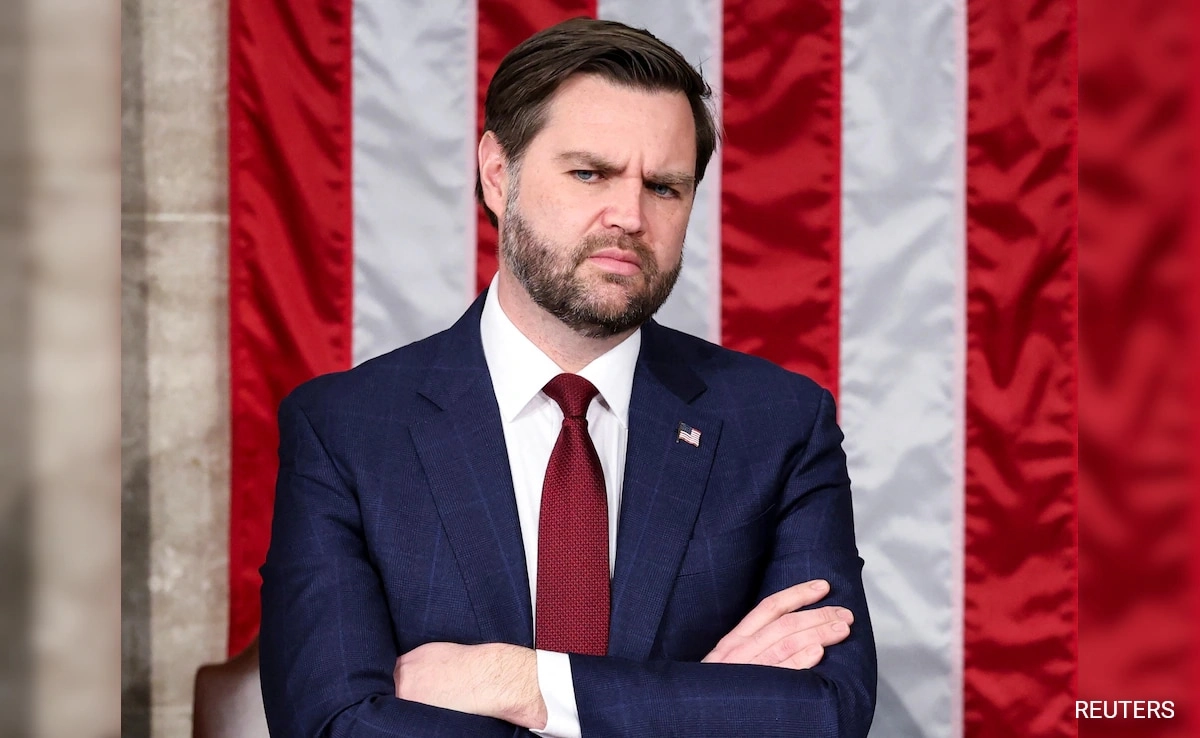In a surprising announcement, the Russian government has declared its intentions to seize the assets of international groups it deems as ‘Satanists’. This move appears to be part of a broader campaign to combat what authorities describe as the moral decay that these groups allegedly represent. The decision has sparked considerable debate both domestically and internationally, raising questions about the implications for religious freedom, property rights, and the government’s approach to dissenting ideologies.
The Kremlin’s characterization of these groups as ‘Satanists’ is particularly noteworthy, as it reflects a growing trend within Russia to frame cultural and social issues in stark, moralistic terms. By labeling certain organizations in this way, the government may be attempting to rally public support against perceived external threats to traditional values. This strategy aligns with President Vladimir Putin’s longstanding emphasis on protecting Russian culture and identity against foreign influences, which he often associates with liberal Western ideologies.
Critics of the government’s actions argue that this move could set a dangerous precedent for the treatment of minority religions and beliefs within Russia. The vague definition of ‘Satanism’ and the lack of clear legal parameters for asset seizure raise concerns about potential abuses of power. Furthermore, human rights organizations have expressed alarm over the implications for freedom of expression and the potential for persecution of those who hold unconventional beliefs. This situation highlights the tension between state authority and individual rights, particularly in a country where dissent is often met with repression.
As the Russian government moves forward with its plans, the international community will likely be watching closely. How this initiative unfolds could have far-reaching consequences not only for those directly affected but also for the broader landscape of religious freedom and human rights in Russia. The situation serves as a reminder of the complex interplay between governance, ideology, and cultural identity in a nation grappling with its place in a rapidly changing world.




